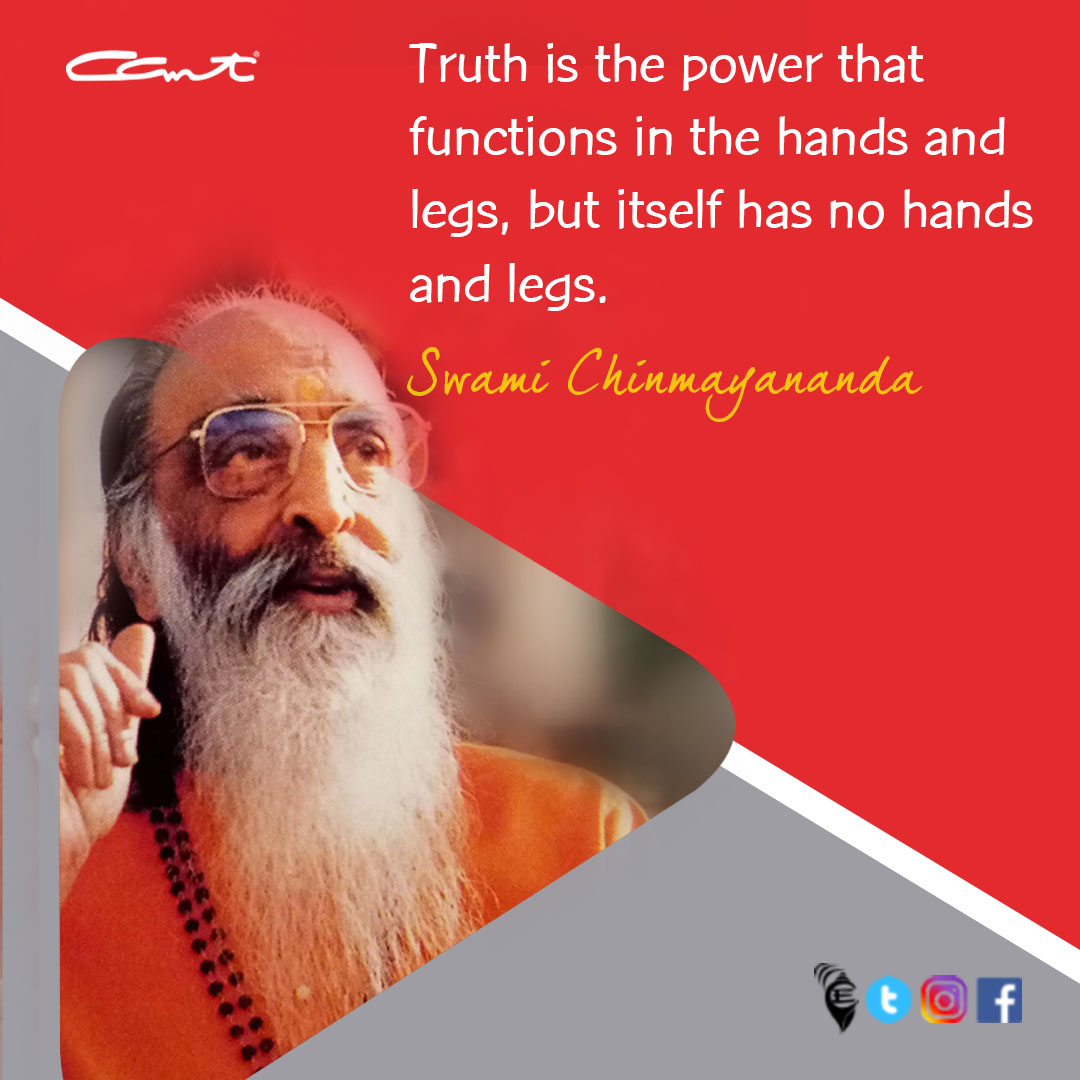The Philosophy of the Bhagavadgita : 18.5. - Swami Krishnananda.
Friday 29, Mar 2024 07:00.
Chapter 18: The Yoga of the Liberation of Spirit-5.
===================================================================================
So is the case with will, or volition. When our will power is able to decide upon the supreme value of life and maintain this consciousness continuously, in a state of self-restraint through Yoga, we are endowed with the most powerful form of will, the sattvika form of volition. Moksha is the goal of life, and everything is contributory towards this supreme attainment. If the will can rest on this conclusion perpetually, we may be said to be possessed of the highest form of will power. We should be able to connect every little thing in the world with that ultimate purpose of the liberation of the soul. But if our will is muddled, is mixing up values, and we are unable to come to a decision as to what is the ultimate principle that guides life, go on quibbling about dharma, not knowing what it is, do not know what is the final purpose of things, shift our points of decision from one to the other at different moments of time—that indecisive will is rajasika or distracted. The lowest kind of will is that which clings to wrong ways, lives in unrighteousness, is engaged in vicious activities, considering them as noble, worthwhile and meaningful.
Likewise, is emotion. The feeling of pleasure or satisfaction which impels all emotions is also of three kinds. The highest kind of the satisfaction of emotion is that which is permanent and abiding in the end, though requiring some painful effort in the beginning. Generally we seek pleasure at the very outset. We do not want to work hard because work is pain; we hate effort of every kind. “Why should I do anything?” Because, to do anything is unpleasant to the ego. But we do not understand that all worthwhile things in life are preceded by some exertion. That which is painful in the beginning but pleasant in the end, perpetually—that satisfaction or pleasure is sattvika. But that which is pleasant in the beginning due to sense contacts and bitter in the end is rajasika, and we would repent for having sought this kind of satisfaction. We jump into an immediate delight of the senses by contact with objects, but, then, reap sorrow as a consequence. This is not wisdom. The lowest kind of happiness is that which revels in the crudest indulgence of the senses, bereft of understanding and reason, making one wallow like an animal in rubbish, totally ignorant of the values of life, and drowned in tamas, or inertia.
In regard to action, enough has already been said. That which is engendered with unselfishness and an impersonality of attitude is sattvika. That which is motivated by desire is rajasika. That which is done without any sense of proportion, and is bereft of the consideration of the pros and cons is tamasika. These are the broad outlines which the Teacher of the Bhagavadgita draws in the Eighteenth Chapter for the purpose of clarifying certain concepts and teachings which were delivered earlier in the foregoing chapters.
The Bhagavadgita is not merely a metaphysical gospel. It is not just a philosophical discourse in the sense of an idealism lifted above the values of life. It has something to say about social existence and the values which are empirical and realistic. In a very few words, the nature of cooperative social living is mentioned. With reference to what has been already said by way of the description of knowledge, will, emotion and action, we may say that our endowments are practically these four.
*****
Continued
======================================================================================










Comments
Post a Comment